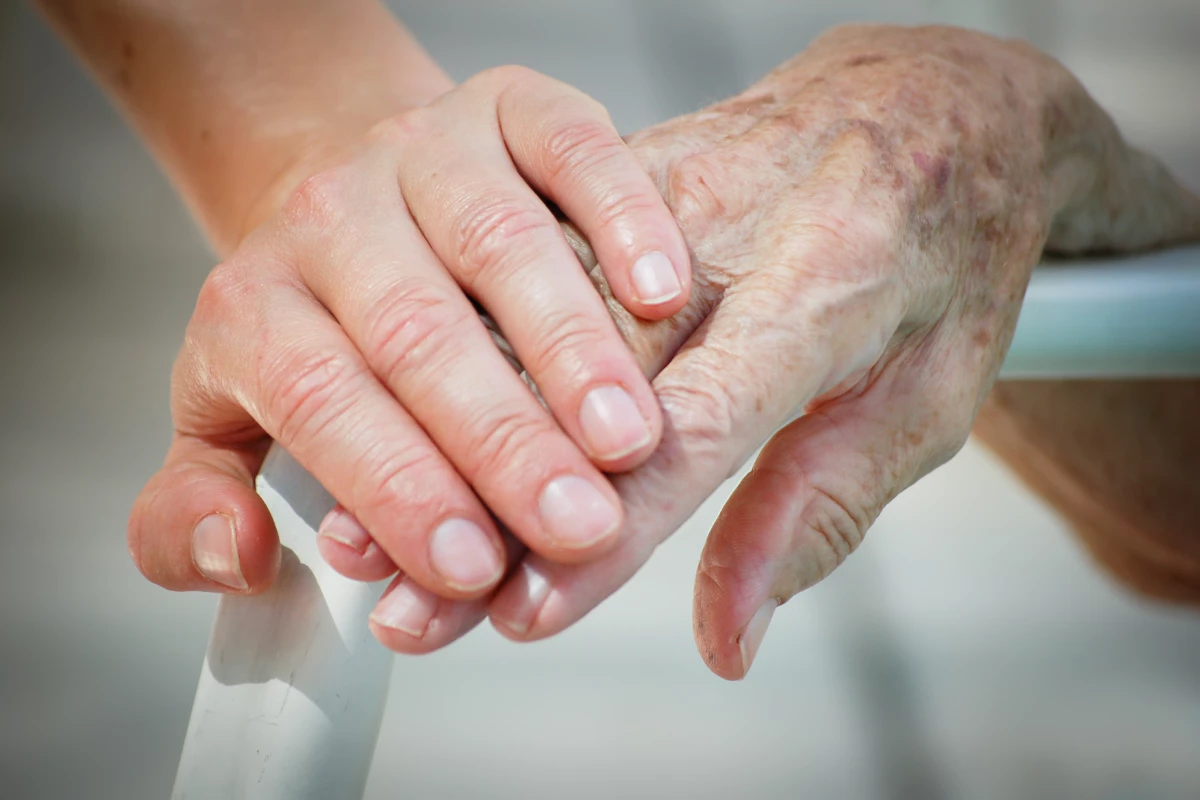Aging comes for us all – but perhaps the unpleasant symptoms don’t have to. In a new study, scientists may have found a kind of anti-aging immunotherapy, reinvigorating immune cells to better clear out defunct cells known to contribute to the aging process.
One of the major drivers behind the physical signs of aging are senescent cells, those that have stopped dividing but also refuse to die. When we’re young, the immune system detects and destroys these freeloaders, but it naturally loses its effectiveness over time. That means that these senescent cells tend to build up in our bodies as we get older, leading to the symptoms of aging and contributing to associated diseases.
So for the new study, researchers at the University of California San Francisco (UCSF) set out to find a way to recharge the immune system. They aimed to bring invariant Natural Killer T (iNKT) cells – those that normally have the job of hunting down senescent cells – out of retirement.
The researchers found that iNKT cells could be activated using lipid antigens, which in turn reduced the number of senescent cells. The iNKT cells are useful for two main reasons, the team says – first, the receptor that activates them doesn’t appear on any other cell, so the therapy can be very specific. And secondly, they will naturally settle into a dormant state after a while, preventing the treatment from running too wild.
The team tested the treatment in mice with two different health conditions that increase the buildup of senescent cells – obesity and lung fibrosis. In both groups, the team found that senescent cell numbers dropped compared to controls. In the obese mice, their glucose control improved, while those with lung fibrosis had fewer damaged cells and lived longer.
"I think this is a potential immune therapy for senescence and fibrosis,” says Mallar Bhattacharya, an author of the study. "It's a fairly well tolerated therapy, and we just have to get around dosing and trials."
Further tests in human cells in culture showed that iNKT cells should also wipe out senescent cells in our own bodies. However, this will of course need to be verified through human testing. A spinoff company from the research team is now working on that, with an eye towards trials in the next few years.
The new immunotherapy technique could be an alternative to senolytics, an emerging class of drugs designed to clear out senescent cells or rejuvenate them. Early studies have proven promising, with some studies improving the health of mice and even extending their lifespan by more than a third.
The research was published in the journal Med.
Source: UCSF via Eurekalert




